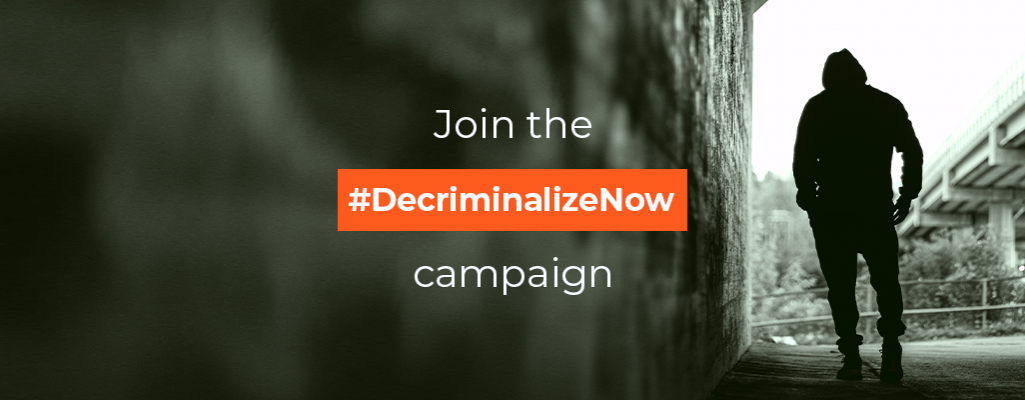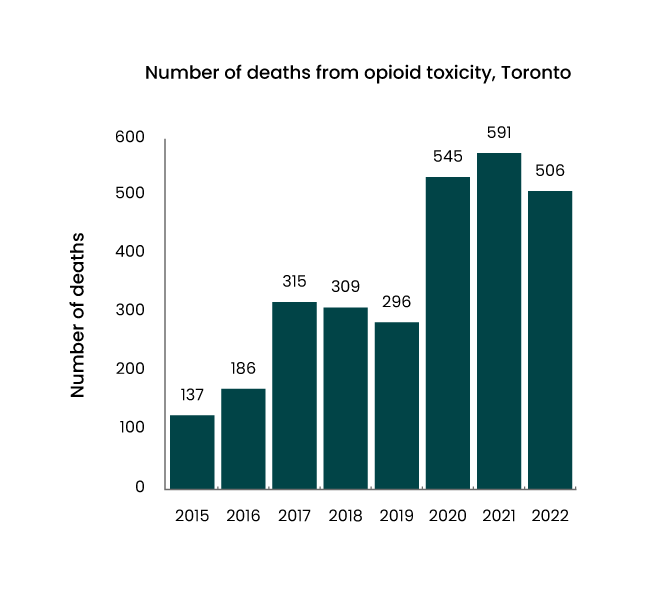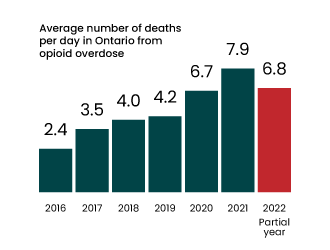
Toronto mayoral candidates
| Name | Pledge signed | Twitter handle | |
|---|---|---|---|
| Abdulsalam, Bahira | bahira@mayorfortoronto.ca | @BahiraR | |
| Acquaye, Emmanuel | candidateemmanuel@gmail.com | @candidateemma | |
| Acton, Blake | contact@voteacton.com | ||
| Ahmed, Sharif | sharif4change@gmail.com | ||
| Alam, Asadul | admin@asadul-alam.com | ||
| Allan, Gru Jesse | office@gru4mayor.ca | @Gru4Mayor | |
| Aly, Atef | |||
| Apostolopoulos, Dionysios | |||
| Atkinson, Darren | @333atkinson | ||
| Bailão, Ana | info@anabailao.ca | YES | @anabailaoTO |
| Baking, Jose | josebaking@gmail.com | ||
| Bankas, Ben | @BenBankas | ||
| Beals, Claudette | |||
| Benway, Glen | glenbenway@rogers.com | ||
| Bonilla, Eliazar | |||
| Bradford, Brad | info@votebradford.ca | @BradMBradford | |
| Brown, Chloe | volunteer.cb4to@gmail.com | @chloebrown4TO | |
| Buffey, Brian | |||
| Caesar-Chavannes, Celina | info@celinaformayorTO.com | YES |
@iamcelinacc |
| Carrie, Mason | |||
| Chan, Roland | voterolandchan@gmail.com | ||
| Charlton, Matti | retromatti@gmail.com | @retromatti | |
| Chevalier Romero, Danny | |||
| Chow, Olivia | info@oliviachow.ca | @oliviachow | |
| Choy, Logan | |||
| Clarke, Kevin | kevinclarkemayor@gmail.com | @clarkeformayor1 | |
| Climenhaga, Sarah | info@votesarah.ca | @SarahC_Toronto | |
| Cohen, Gordon | mayor@mayorgordcohen.com | @Gord_Cohen | |
| Collins, Paul | |||
| D'Amico, Frank | votedamico@hotmail.com | @VoteDAmico | |
| D'Angelo, Frank | mrfrankdangelo@hotmail.com | @FrankDangelo23 | |
| D'Cruze, Phillip | phil_17us2002@yahoo.ca | @PhillipCruze | |
| Davis, Rob | info@robdavis.ca | @CitizenRobDavis | |
| Deb, Samson | |||
| Desai, Habiba | votehabibadesai@gmail.com | @habibadesai | |
| Deville, Cory | Cory@devilleparty.ca | @iamcorydeville | |
| Fenby, Simryn | scfenby@hotmail.com | ||
| Forrester, Monica | |||
| Furey, Anthony | ask@furey.ca | @anthonyfurey | |
| Furnival, Scott | |||
| Gamk, Isabella | info@isabellafortoronto.ca | YES | @IsabellaGamk___ |
| Gao, Feng | tocitycoin@gmail.com | @tocitycoin | |
| Gong, Xiao Hua | gong4mayor@gmail.com | @Gong4Mayor | |
| Goraya, Adil | |||
| Graff, Brian | briangraff2023@gmail.com | @Graff2023 | |
| Grosman, Ari | grosmanari@gmail.com | YES | @ariformayorTO |
| Guglielmin, James | |||
| Gulyas, David | |||
| Hall, Thomas | |||
| Handjis, Peter | peterhandjisformayor@protonmail.com | @elect_peter | |
| He, Heather | heatherhemayor@gmail.com | ||
| Heaps, Toby | |||
| Hossain, Monowar | Monowar@bell.net | ||
| Hunter, Mitzie | info@mitzieformayor.ca | @MitzieHunter | |
| Igodan, Sheila | |||
| Irmya, Daniel | |||
| Jaffery, Syed | JafferyforMayor@gmail.com | @SyedRJaffery | |
| Jensen, Michael | |||
| Johnston, Patricia | |||
| Khan, Walayat | |||
| Korovitsyn, Serge | |||
| Lamoureux, Michael | |||
| Langenfeld, Kris | Kris@MayorKris.ca | @KrisLangenfeld | |
| Lee, Rick | |||
| LeLiever, Mark | @MarkLeLiever | ||
| Letonja, John | john.letonja@yahoo.ca | ||
| MacLeod, Norman | |||
| Mammoliti, Giorgio | info@giorgiointo.com | @Giorgiointo | |
| Mann, Steve | @Hydraulist | ||
| Marshall, Cleveland | |||
| Matlow, Josh | info@votematlow.ca | @JoshMatlow | |
| Mohee, Faizul | Dr.Faizul.Mohee.2023June@gmail.com | @Dr_FaizulMohee | |
| Murphy, Bob | |||
| Nicula, Michael | mayor@crimetransitinfrastructure.ca | @MichaelNiculaTO | |
| Nowwarah, Jamil | |||
| Perruzza, Anthony | vote@perruzza.ca | @voteperruzza | |
| Ransome, John | |||
| Renée, D!ONNE | mycity@torontomail.com | YES | @OnElectionDay |
| Reodica, Willie | willie@reodica.ca | ||
| Rubino, Walter | walter@gorubino.com | ||
| Saccoccia, Chris | chrisskyforchange@mail.com | @chrissaccoccia1 | |
| Sanders, Lyall | |||
| Saunders, Mark | campaign@marksaundersfortoronto.ca | @marksaunders_TO | |
| Schipano, Rocco | schipanoformayor@gmail.com | ||
| Shusterman, Robert | rob.shusterman@gmail.com | ||
| Singh, Knia | info@electkniasingh.ca | @masterknia | |
| Singh, Partap Dua | |||
| Sivaneswaran, Raksheni | raksheni4the6ix@gmail.com | ||
| Sniedzins, Erwin | esniedzins@gmail.com | @sniedzins | |
| Srivastava, Sandeep | Info@SrivastavaForMayor.Com | @sandeepitguru | |
| Straus, Meir | meir4mayor@gmail.com | @meir4mayor | |
| Tang, Weizhen | |||
| Toye, Mitchell | |||
| Tull, Reginald | tullformayor@gmail.com | @tull4mayor | |
| Tunney, Jeffery | smallguycleaner@hotmail.com | YES | @JeffTunney |
| Vadivelu, Kiri | socialistmayor@kiri-vadivelu.ca | YES | @kiri_vadivelu |
| Weenen, Jack | jcwformayor@gmail.com | @jcwformayor | |
| Wei, Yuanqian | |||
| Williams, Jody | jody17Williams@gmail.com | ||
| Winter, John | |||
| Yan, Nathalie Xian Yi |


